This country, particularly in recent years, has developed a conceited, holier-than-thou mentality, the hypocrisy of which is subsequently laid bare.
We’ve been constantly told how Australia’s Covid response was ‘world class’ and that it ‘saved tens of thousands of lives’. That has been demonstrated to be nothing but horse manure, and the most recent Australian Bureau of Statistics figures certify that. They show that excess deaths in Australia were 12.3 per cent above the baseline in April 2023, one of the highest rates in the world.
In a similar vein, when the ruling class of this country waxes lyrical about human rights and the rule of law, it generally does so because its actors love the sound of their own voices talking about them. Yet, one only has to look at the Cardinal Pell prosecution and the Lawyer X scandal to see that there are serious issues with the administration of justice in this country, and the upholding of the most fundamental of all human rights, the right to a fair trial. The Sofronoff inquiry into the conduct of the Bruce Lehrmann trial has exposed just how deleterious things have become.
Readers will recall that soon to be former ACT Director of Public Prosecutions, Shane Drumgold SC, called for the inquiry in the first place, alleging political interference.
Inquiry head Walter Sofronoff KC, in his report, which was initially leaked in the media prior to its release, found that every one of Drumgold’s allegations that sparked the inquiry was baseless. Moreover, in what must be one of the most damning indictments of a senior lawyer ever seen in Australia, maybe even in the common law world, Mr Sofronoff found, among other things, that Drumgold had lost objectivity during the prosecution of Lehrmann and ‘did not act with fairness and detachment as was required by his role’, treating criminal litigation as ‘a poker game in which a prosecutor can hide the cards’.
Indeed, Drumgold was guilty of a ‘serious breach of duty’ by failing to comply with the ‘golden rule’ of disclosure that sits at the heart of a fair trial by failing to disclose documents where there was ‘simply no doubt’ that those police investigation documents should have been disclosed. Sofronoff added in his findings that Drumgold ‘constructed a false narrative to support a claim of legal professional privilege’.
Sofronoff said he was ‘deeply disturbed’ by Drumgold’s ignorance of ethical principles and accused him of a ‘Pilate-like detachment’, invoking the moment Pontius Pilate washed his hands of Jesus’s fate, letting the mob decide who should be crucified.
In the face of these most serious accusations, Drumgold was defiant. He released a statement in response to the 839-page report, declaring: ‘My career has been driven by a fire burning within, lit by an early life spent surrounded by the pain of chronic intergenerational social injustice.’
While Drumgold is entitled to the presumption of innocence, how conceited can you get? Such a statement cannot be considered a justification for forgetting another golden rule: a lawyer’s first duty is, not to his client, not to some ‘higher good’, but to the court, since the court is the trier of fact with the responsibility, through our adversarial system, of hearing all the argument and weighing all the evidence in order to ascertain the truth.
As Lehrmann’s defence counsel at the trial, Steve Whybrow SC, said in response to Drumgold’s statement, ‘It seems to confirm what was blindingly apparent to the defence during the trial… that he saw himself more as a social justice crusader than an independent minister for justice.’
This is what lies at the heart of the issue and it is a philosophical one.
The great eighteenth-century jurist, Lord Blackstone, in his Commentaries on the Laws of England, wrote: ‘All presumptive evidence of felony should be admitted cautiously, for the law holds that it is better that ten guilty persons escape than that one innocent suffer.’ This famed formulation is what led to the development of ‘beyond reasonable doubt’ as the burden of proof in criminal law.
Compare that with what seems to be the prevailing philosophy these days – legal positivism. As expressed, for example, by Thomas Hobbes and Jeremy Bentham, it posits that the law has the warrant of the state, or sovereign, and will be enforced by its sovereign power or agents. In other words, the end justifies the means.
Let’s not forget that what emerged from Drumgold’s evidence at the Sofronoff Inquiry was a recurring theme that he sought to protect the complainant – Brittany Higgins – from harm while apparently un-concerned about the risk to the defendant – Bruce Lehrmann. Although he denies any ‘deliberate or underhand conduct’, one is left with the impression that Drumgold sought to get a conviction at any cost.
As Whybrow stated, ‘this apparent “end justifies the means” explanation for his conduct is frankly alarming coming from a DPP, a position which already wields so much opaque and unreviewable power over the lives of people who come into contact with the criminal justice system.’
That is to say, ‘might is right’.
Let’s also not forget that the ACT Chief Minister was not going to release the Sofronoff inquiry report until the end of this month, presumably so he, and the Green Attorney-General who appointed Drumgold as DPP, Shane Rattenbury, could get their spin right. Clearly, events forced their hand.
Drumgold will soon lose his practising certificate and may face charges for perverting the course of justice.
More worryingly, as Janet Albrechtsen has suggested, it is quite possible that across the country zealous prosecutors are hitting targets for conviction rates by withholding evidence or playing other cute games with defence teams. If the person at the apex of the powerful prosecution branch can behave like this there is a real question about systemic failure.
It would appear the ability of our justice system to uphold the most fundamental of human rights, the right to a fair trial, has been severely compromised, apparently because of the perverted belief by the agents of the state that there are times when apparently noble ends justify foul means, leading, perversely, to injustice being served.
Got something to add? Join the discussion and comment below.
Get 10 issues for just $10
Subscribe to The Spectator Australia today for the next 10 magazine issues, plus full online access, for just $10.
You might disagree with half of it, but you’ll enjoy reading all of it. Try your first month for free, then just $2 a week for the remainder of your first year.

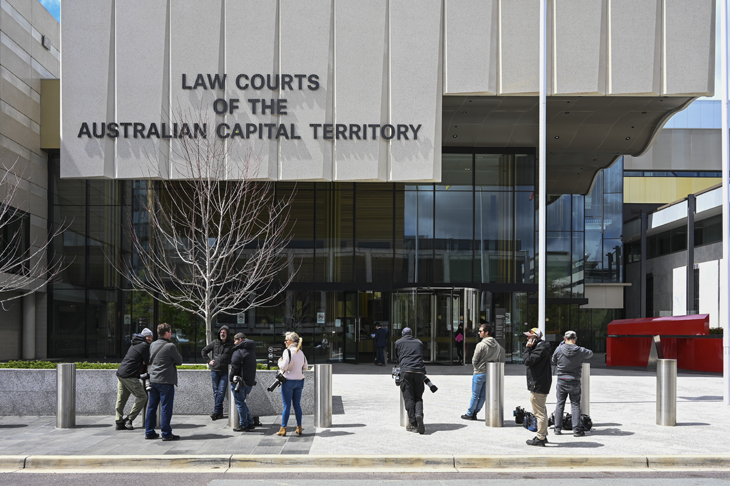

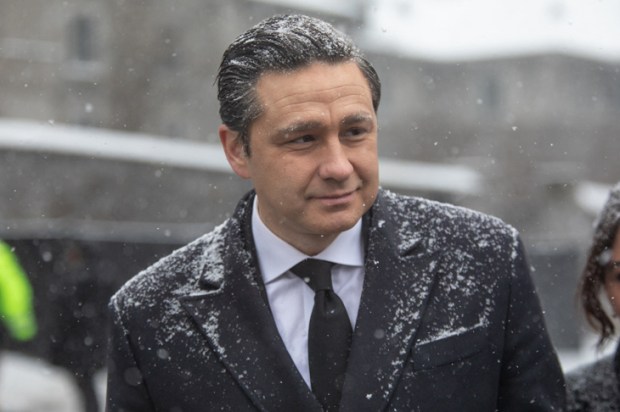

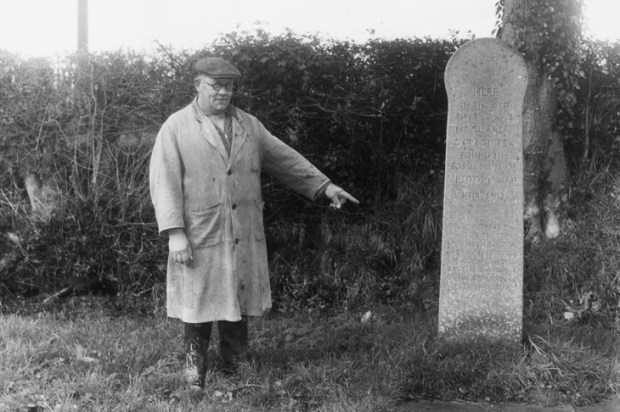
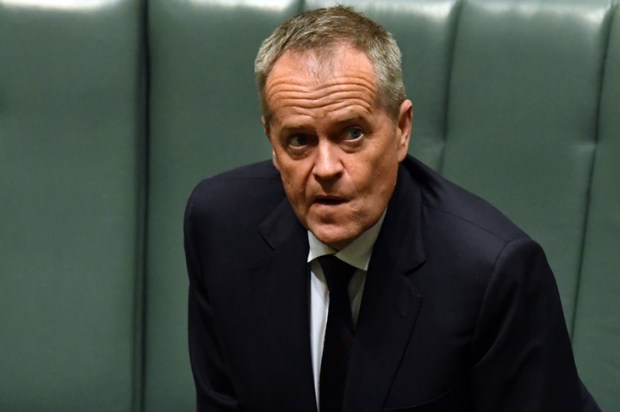
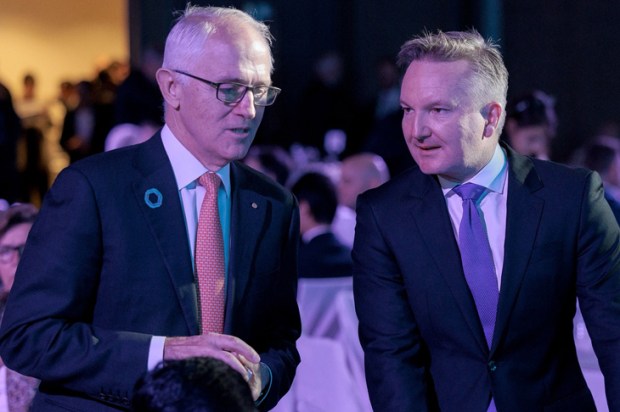






Comments
Don't miss out
Join the conversation with other Spectator Australia readers. Subscribe to leave a comment.
SUBSCRIBEAlready a subscriber? Log in